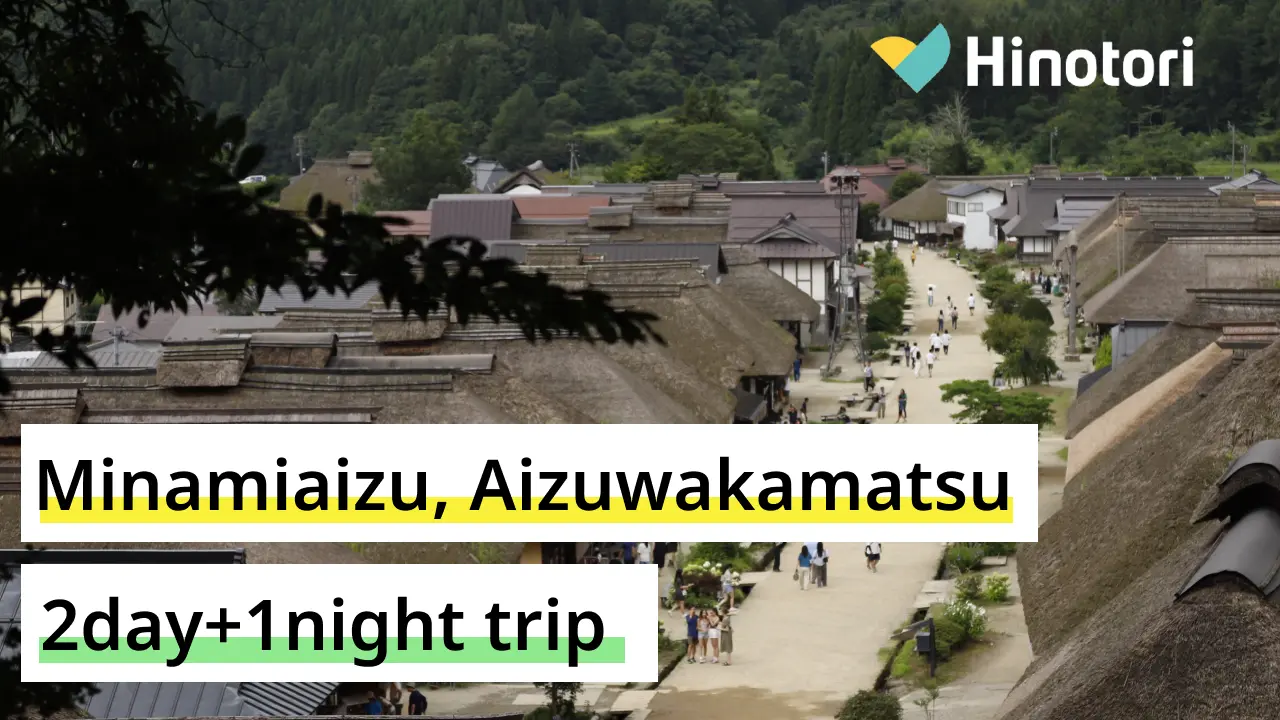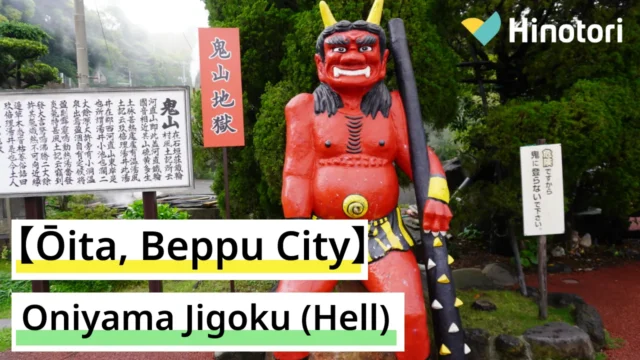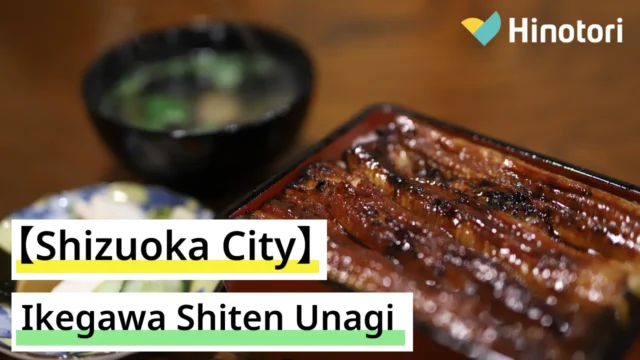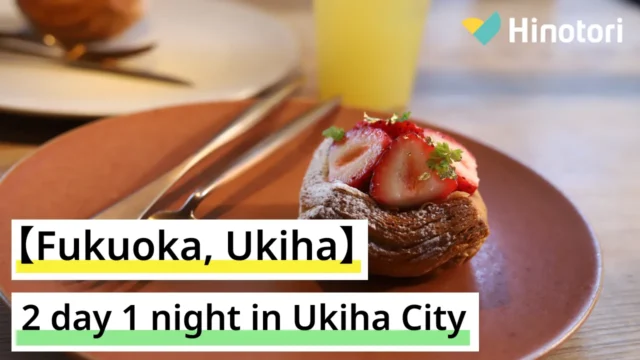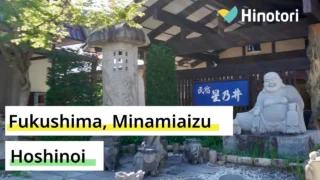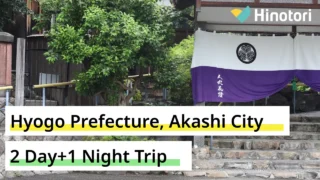Here’s a recommended 2-day, 1-night itinerary in the Aizu region, packed with history, nature, and delicious meals. This plan offers the perfect balance of cultural exploration and relaxation, making it ideal for a rejuvenating getaway. Take this opportunity to refresh both your mind and body while discovering the beauty and charm of the Aizu area.
Day 1
Your Aizu adventure begins in Ouchi-juku, where you’ll step back in time and experience the charming atmosphere of the Edo period. Enjoy a bowl of the famous soba (buckwheat noodles) and take in the peaceful surroundings as you visit historical landmarks that offer a glimpse into Japan’s past.
After exploring, unwind in a relaxing hot spring, surrounded by the area’s natural beauty. Your day will conclude with warm, welcoming hospitality, ensuring a restful night to recharge for the next day’s adventures.
10:00 Ouchijuku

Ouchi-juku is the perfect starting point for your Aizu journey. This historic village, with its well-preserved Edo-period inn town atmosphere, is a captivating blend of old-world charm and natural beauty. The iconic sight of thatched-roof houses lining the street truly feels like stepping back in time.
As you stroll through Ouchi-juku, you’ll find plenty of shops offering local specialties and handmade crafts—perfect for taking a break and picking up unique souvenirs. Be sure to bring your camera to capture the village’s timeless atmosphere.
Just a 5-minute walk from the village is Takakura Shrine, a tranquil spot worth visiting. Whether you’re looking to explore history, enjoy local culture, or simply relax in a scenic setting, Ouchi-juku has something for everyone.
11:30 Misawaya

Misawaya is a must-visit restaurant in Ouchi-juku, renowned for its specialty, takato soba—buckwheat noodles served with a whole fresh green onion. The sight of the onion alongside the soba is unique, and each bite of the handmade noodles, with their aromatic, firm texture, offers an authentic taste of the region.
The restaurant’s interior is cozy and inviting, with warm wooden accents that create a relaxed atmosphere. In addition to its signature soba, Misawaya offers a variety of à la carte dishes made with fresh, local ingredients, perfect for pairing with your noodles and enhancing your meal.
13:00 Yawata no Oozeki Zelkova, Water of Longevity

To truly experience the natural beauty of Aizu, be sure to visit two standout spots: the Giant Zelkova Tree in Yawata and the Water of Longevity.
The Giant Zelkova Tree, estimated to be around 1,000 years old, is an awe-inspiring sight. Its immense size and ancient presence create a powerful, almost sacred atmosphere. Located near the prefectural road, the tree is easily accessible, allowing visitors to appreciate its grandeur up close. The peaceful surroundings add to the serene experience, making it a perfect spot for quiet reflection.

Takakura is one of Aizu’s 100 most famous mountains, renowned not only for its beauty but also for its water of longevity. The water, which has been flowing since ancient times, is known for its pleasant taste and has never run dry, making it a cherished natural resource. For generations, this precious water has sustained the local community, continuing to nourish and protect daily life in the area.
14:30 Ono Kannondo

This is a place where visitors can deeply connect with the history and culture of the Aizu region. Upon entering the temple grounds, a sense of peace and serenity fills the air. The distinctive architecture of the Kannondō Hall, beautifully integrated with the surrounding nature, is a highlight of the site. The temple is also known for its spiritual significance, believed to bring blessings for marriage and easy childbirth, making it a meaningful stop for many.
15:30 Yunokami Onsen Station Building

This station, part of the Aizu Railway, features a unique thatched roof, a rare sight for Japanese stations, giving it a warm and welcoming atmosphere. Serving as a key connection to Ouchi-juku, it attracts many visitors year-round and was even selected as one of the 100 Best Stations in Tohoku in 2002.
Inside the station, you’ll find local specialties and souvenirs, perfect for taking home a piece of Aizu. Plus, there’s a relaxing footbath where you can unwind and enjoy the serene surroundings before continuing your journey.
16:30 Inn of Sincerity Hoshinoi

Nestled in the peaceful nature of Aizu, this inn offers warm, heartfelt hospitality, making you feel like part of the family from the moment you arrive.
The inn takes pride in its cuisine, featuring fresh, locally sourced ingredients. For dinner, you’ll enjoy a delightful course meal showcasing Aizu specialties and seasonal flavors, perfectly paired with locally brewed sake.
Don’t miss the inn’s soothing hot spring baths, where the gentle water nourishes your skin and refreshes both body and mind. It’s the perfect way to relax and recharge after a day of exploration.
Day 2
On your second day in Aizu, immerse yourself in both nature and history with a well-rounded itinerary. Start by enjoying the beauty of the changing seasons at Kannonuma Forest Park, where lush landscapes provide a peaceful escape. Afterward, head to Aizu Ichibankan to sample local delicacies and recharge with a delicious meal.
Next, step back in time at Sazae-do, a historic temple known for its unique spiral architecture, before heading to the Aizu Buke Yashiki (Samurai Residences), where you can try your hand at painting your very own akabeko (traditional red cow figurine). It’s the perfect way to cap off your trip, blending local culture, history, and creativity.
10:00 Kannonuma Forest Park

Known as Fukushima Prefecture’s treasure trove of birdlife, the park offers a rich variety of experiences set amidst vast forests and stunning lakes. One of the highlights is the breathtaking reflection of the surrounding mountains and trees on the calm surface of the lake, creating a picturesque scene year-round. The park’s beauty changes with the seasons, offering something new to discover whether you visit in spring, summer, autumn, or winter. It’s the perfect place for nature lovers and birdwatchers alike to explore and unwind.
12:00 Aizu Ichibankan (Nanoka-dori, Hideyo Noguchi Seishunkan)

The café, located on the first floor of the Hideyo Noguchi Seishunkan, offers a cozy spot to relax. Each coffee bean is carefully selected and expertly roasted, ensuring a rich and flavorful experience. Enjoy light meals like hot sandwiches and sweet treats in the café’s charming retro atmosphere.
Don’t miss the nearby Hideyo Noguchi Youth Museum, which showcases a range of exhibits about Noguchi’s life and accomplishments. Learn about his childhood in Aizu and the inspirations that led him to pursue a career in medicine, providing a deeper connection to this influential figure from the region.
14:00 Aizu Sazae-do

The Sazae-do Temple, designed by Ikudo, a priest of Shoshuji Temple, features a unique double spiral ramp that allows visitors to tour the 33 Kannon statues of the Western Japan pilgrimage in a single hall. This innovative design separates the uphill and downhill paths, ensuring worshippers can visit the temple safely without crossing paths. Due to its distinctive architectural style, the building was designated an Important Cultural Property in 1996, making it a remarkable blend of history, design, and spiritual significance.
15:30 Aizu Samurai Residence

The Yoritomo Saigo Residence, once home to a prominent figure of the Aizu Domain, spans an impressive 2,200 tsubo (about 2,300 m²) and is a stunning example of traditional Japanese architecture, crafted from zelkova, hinoki, and cedar wood. As you walk through the front gate, you’ll feel a connection to the life of the Aizu samurai, surrounded by the historic atmosphere of the residence.
To add to the experience, visitors can try their hand at painting akabeko (traditional red cows) and kigarikoboushi (wooden dolls), or even take part in archery, a sport with deep roots in Aizu’s samurai culture. It’s the perfect way to immerse yourself in the rich traditions of the region, making for a memorable conclusion to your trip.

